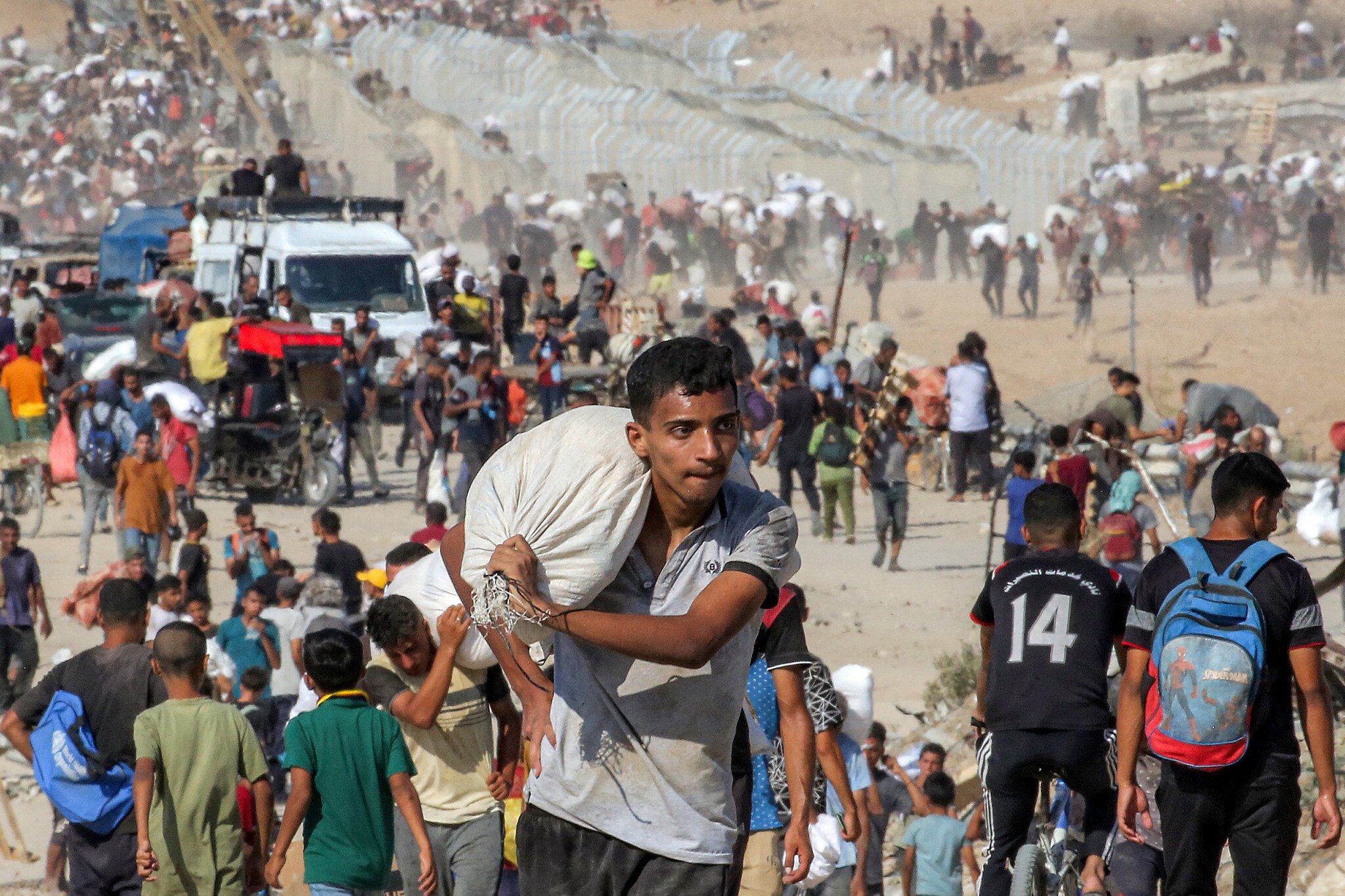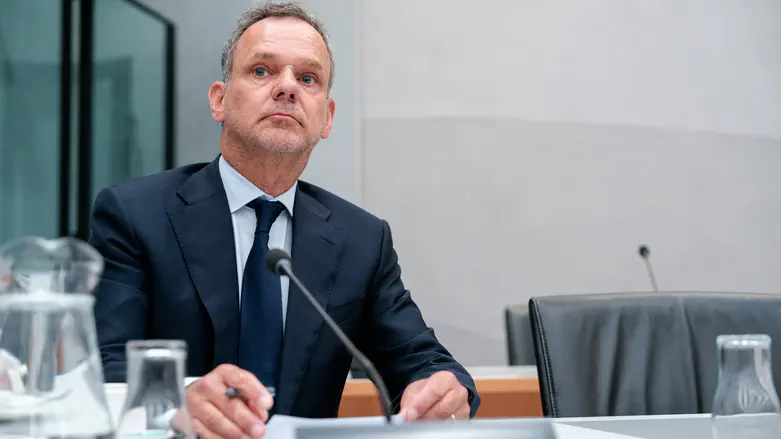Ten years ago, Germany opened its doors to over a million migrants, marking a turning point in European history. Chancellor Angela Merkel's declaration of 'We can do it' became a rallying cry, sparking a wave of migration from Syria and beyond that reverberated across the continent. The initial welcome, marked by donations and volunteerism, soon gave way to political upheaval and public backlash, as communities struggled to cope with the influx and questions arose about the authenticity of asylum claims.
Other European nations followed Germany's lead, resulting in mass movements of people through Italy, Spain, Greece, and Scandinavia. The crisis exposed divisions within societies, fueled anti-immigration protests, and contributed to the rise of right-wing political movements. Merkel's motivations, rooted in Germany's past and a desire for historical recognition, have been scrutinized in light of the ongoing challenges.
Today, the consequences of those decisions are still being felt, with political landscapes shifting and debates about migration continuing to dominate public discourse. As Germany and Europe grapple with the legacy of 2015, Merkel herself remains silent, leaving others to confront the enduring impact of her policies.

 image sourced from original article at
image sourced from original article at 


